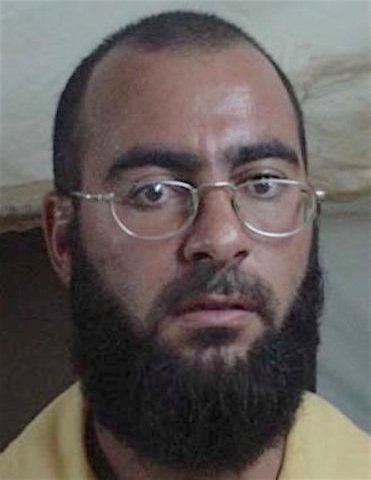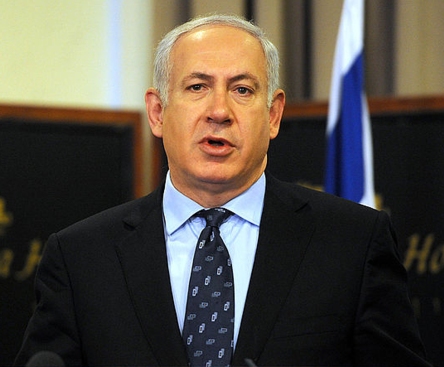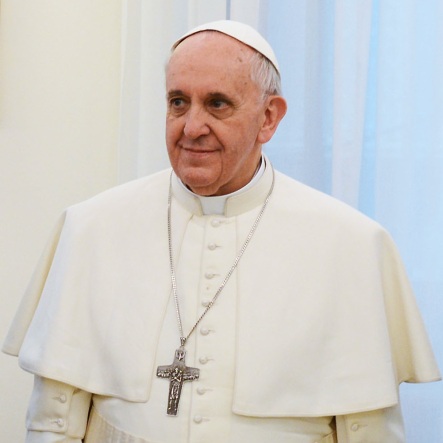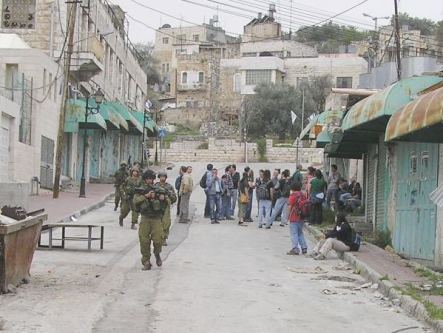By Niki Kottmann
1. Iraqi Military Announces First Major Victory Over the Islamic State

American and Iraqi soldiers board a Marine Corps helicopter in Ramadi, Iraq in 2009. Courtesy of Wikipedia.
The U.S.-trained Iraqi army declared its first major victory over ISIS in 18 months on Sunday. Iraqi troops stormed the city of Ramadi on Dec. 22 in an attempt to drive out ISIS, which took control of the Sunni Muslim city in May. According to Reuters, the operation to recapture the city, which is about 60 miles west of Baghdad, began in early November, but progress was slow due to the government’s attempt to rely solely on its own troops. The alternative would be to use Shi’ite militias like it has in the past, but the government wants to avoid rights abuses that occurred after using outside militias previously. After weeks of encircling the city, troops made a final push Sunday and seized the central administrative complex. A U.S.-led coalition continues to wage an air campaign against ISIS in Iraq.
2. Islamic State Releases Message Supposedly from Leader Al-Baghdadi

Mugshot of Abu Bakr al-Baghdadi by U.S. armed forces at Camp Bucca in 2004. Courtesy of Wikipedia.
A new audio message that is said to be from Abu Bakr al-Baghdadi was released Saturday saying that airstrikes by Russia and a U.S.-led coalition failed to weaken ISIS. According to Reuters, the authenticity of the message is in question because it was posted via Twitter accounts that have published ISIS statements in the past but have not been verified.
“Be confident that God will grant victory to those who worship him, and hear the good news that our state is doing well. The more intense the war against it, the purer it becomes and the tougher it gets,” says the voice in the audio recording, according to Reuters.
3. New Israeli Bill That Restricts Foreign-Funded Nonprofits Criticized

Israeli Prime Minister Benjamin Netanyahu, who, earlier this month, rejected U.S. Secretary of State John Kerry’s comment that if the Palestinian government collapses, the Israeli government must govern the West Bank. Courtesy of Wikipedia.
Critics say a new Israeli bill that was given preliminary approval by Israeli Cabinet ministers Sunday is meant to restrain groups that are critical of Prime Minister Benjamin Netanyahu’s policy towards Palestinians. According to Al Jazeera, the bill was proposed by Justice Minister Ayelet Shaked and approved by a committee of ministers. The bill imposes restrictions on nonprofits that receive more than half of their funding from other countries. Critics of the bill mention that most nongovernmental groups that don’t agree with the Prime Minister are majorly dependent upon donations from European countries.
4. Pope Addresses Terrorism and the Migrant Crisis in Christmas Speech

Pope Francis, who shared his support Friday for non-extremist Muslims and others practicing their faith who are condemned because of extremism: “To our brothers and sisters, who in many parts of the world are being persecuted for their faith, may the child Jesus grant consolation and strength.” Courtesy of Wikipedia.
In his annual Christmas address Friday, Pope Francis called for worldwide peace and reconciliation. According to BBC, the Pope expressed his support for the recent United Nations resolutions for peace in Syria and Libya, saying he would pray for their success. He also condemned the violent acts that took place in France, Lebanon, Egypt, Tunisia and Mali in the past year and praised countries that have welcomed Middle Eastern refugees past their borders. The Pope’s address came a week after the U.N. Security Council created a resolution to end the nearly five-year war in Syria, proving to be both a breakthrough and a roadblock in peace negotiations since the fate of Syrian president Bashar al-Assad and the classification of armed groups as terrorists are still highly contested.
5. Chicago Police Questioned After Fatally Shooting Two People

Location of West Garfield Park, a neighborhood where two fatal shootings occurred Saturday, within the city of Chicago. Courtesy of Wikimedia Commons.
Quintonio LeGrier, 19, and Bettie Jones, 55, were shot and killed by police in West Garfield Park on Saturday after officers responded to a domestic disturbance report. Authorities say that Jones, a mother of five, was shot by accident. According to the Chicago Tribune, the fatal shootings are the first to occur at the hands of Chicago police officers after a 2014 video was released last month of Laquan McDonald’s death, putting the city in national headlines as police shootings continue to be one of the most controversial topics in the U.S. After confirming that the woman’s death was an accident, the police department announced that officers involved in shootings will now have to be placed on administrative duty for 30 days following the instance. This is a big change for officers because the previous policy said that those involved in shootings must go off active duty for three days.
